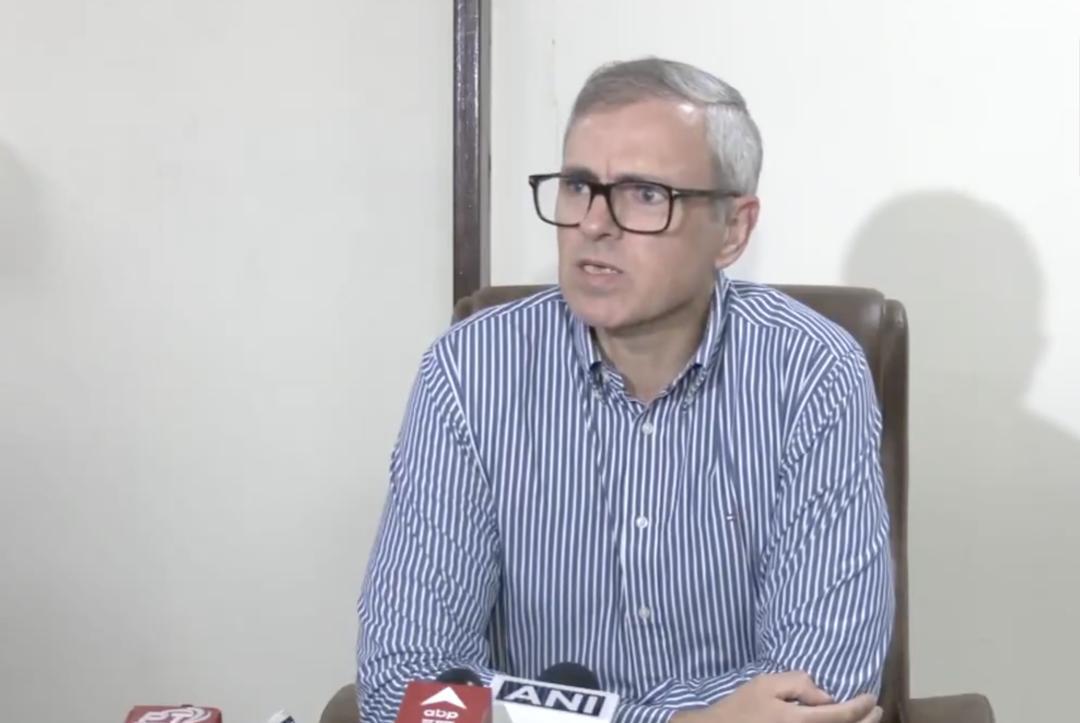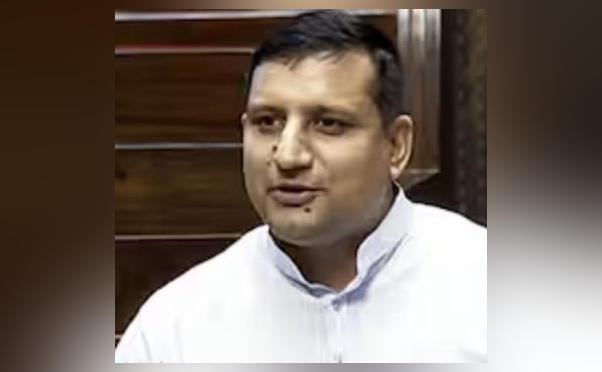
Title: Why should I send water to Punjab?: J&K CM on canal proposal
The debate surrounding the proposed 113 km-long canal in Jammu and Kashmir (J&K) has taken a new turn with Chief Minister Omar Abdullah expressing his concerns over the project. The canal aims to redirect surplus water from three western rivers of the Indus system in J&K to Punjab, Haryana, and Rajasthan. However, the J&K CM has raised questions over the necessity of sending water to Punjab, citing the Indus Waters Treaty that already provides for water allocation to the state.
In an interview, Omar Abdullah emphasized that Punjab has already received its allocated share of water under the treaty and questioned why J&K should now be expected to send more water to the state. He also pointed out that Punjab never provided water to J&K when it needed it, implying that the state has always been at the receiving end when it comes to water distribution.
The Indus Waters Treaty, signed in 1960, is a bilateral agreement between India and Pakistan that governs the sharing of the Indus River and its tributaries. The treaty allocates the water from the western rivers, including the Chenab, Jhelum, and Sutlej, to Pakistan and India. Punjab is one of the main beneficiaries of the treaty, receiving a significant portion of the allocated water from the western rivers.
However, J&K has always maintained that the treaty is biased in favor of Pakistan, as it provides more water to the country than India. The state has been demanding a review of the treaty, claiming that it is unfair and does not take into account the unique geographical and hydrological characteristics of J&K.
The proposed canal project has sparked concerns among environmentalists and experts, who fear that it could have far-reaching ecological and environmental consequences. The construction of the canal would require the diversion of water from the western rivers, which could disrupt the natural flow of the rivers and affect the downstream regions.
Moreover, the project has been criticized for its lack of transparency and consultation with local stakeholders. The J&K government has been accused of not engaging with the people of the state on the proposal, and many have expressed concerns over the potential environmental and social impacts of the project.
In addition to the environmental concerns, there are also concerns over the economic viability of the project. The estimated cost of the canal is around Rs 10,000 crore, which is a significant burden for the J&K government. The state is already struggling to meet its financial obligations, and the project could put a further strain on its resources.
The J&K CM’s comments on the canal proposal have sparked a heated debate in the region, with many calling for a review of the project. The state government has been accused of prioritizing the interests of Punjab and other states over those of J&K, and many have demanded that the state’s concerns be taken into account in any decision-making process.
In conclusion, the proposed canal project has raised important questions over the allocation of water resources in the region. While Punjab has received its allocated share of water under the Indus Waters Treaty, J&K has always maintained that the treaty is unfair and does not take into account the unique geographical and hydrological characteristics of the state. The J&K CM’s comments highlighting the need for transparency and consultation with local stakeholders are timely and necessary, and it is essential that the state’s concerns are taken into account in any decision-making process.





